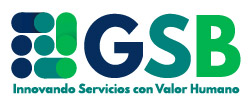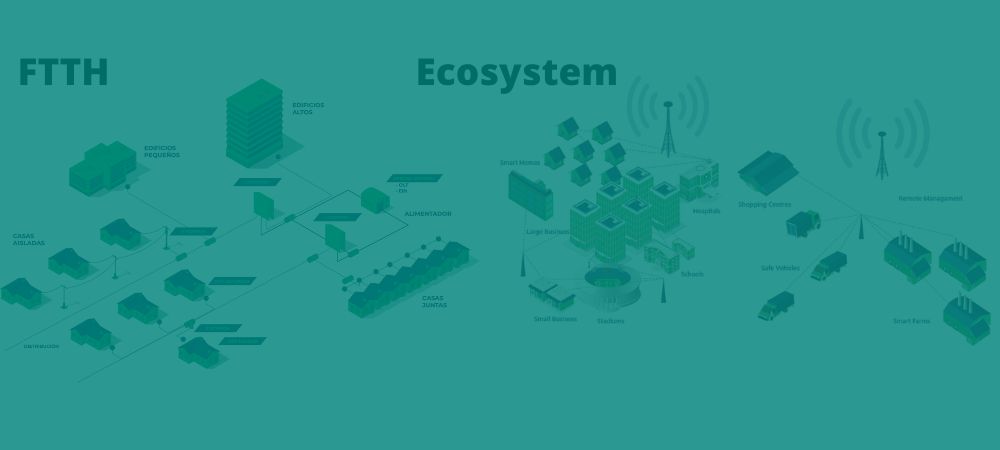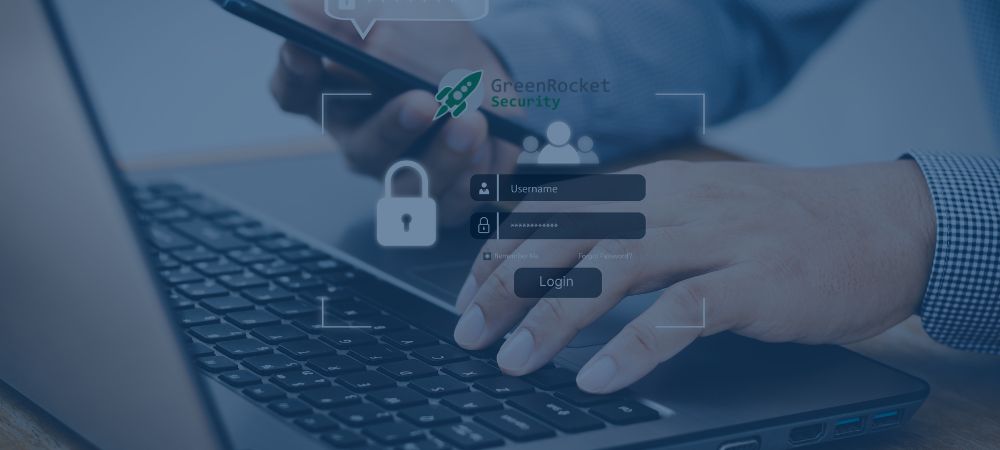The historical period we are living through is often classified by analysts as the “Age of Data”: in the “Age of Data”, in the decade that has just beguneven more than in the past, the knowledge and, therefore, the competition between companies is essentially based on data and information. that can be obtained from them, as long as it is functional to your business project. This has brought with it new challenges, both for companies and for IT departments, which are responsible for the environments where this data resides and must be processed to extract information.
The challenges of the data era
We can identify the challenges that the Data Age has brought with it for IT departments condensed into four points:
- The pervasive nature of data and their processing: data come from different systems that are often independent of each other. For maximum efficiency, try to process data very close to the source systems.
- Rapid technological changes: new technologies, such as artificial intelligence (AI), machine learning (ML) or predictive analytics, are increasing the demand for computing power. Companies should seek to integrate these new technologies as seamlessly and painlessly as possible to generate a seamless and connected customer experience.
- Processes and technologies are very different from each other: digital transformation and its relationship with data requires the creation of what we can consider a true digital backbone that allows to take full advantage of automation mechanisms. In addition, IT systems must be able to support diversified workloads while providing visibility into the entire infrastructure.
- New threats: as technology evolves, so do internal and external threats. Maintaining the highest safety standards becomes a priority at all levels of the company.
What is digital transformation? From challenges to innovation
Digital transformation is a constantly evolving journey and the innovations that it brings enable companies to innovate (developing new technologies and solutions for your business), adapt (the flexibility of the systems allows them to respond quickly to emerging opportunities) and grow (focusing on the future and achieving your vision). We tell you how to accelerate your digital transformation.
We already know that PowerEdge servers are recognized as the foundation of a modern data center, and as modern hardware architectures evolve, Dell Technologies has continued to invest in innovation and research, and the PowerEdge server portfolio remains at the forefront to help our customers innovate, grow and adapt to modern challenges.
Dell EMC PowerEdge servers are the true drivers of innovation, providing the technology and solutions to adapt and grow.
The basis of its architecture can be summarized in its three fundamental pillars:
- Adaptive computing, or servers designed to optimize and integrate the latest technological innovations. Dell Technologies offers the latest solutions on a common platform built to enable each specific workload or need.
- Stand-alone IT infrastructure that enables rapid digital transformation and increased productivity: for example, the OpenManage Enterprise monitoring tool is at the heart of this (autonomy) message through telemetry collection of all systems, real-time consumption monitoring, platform health status and even historical data and predictive analytics; Dell Technologies offers with its servers rapid system uptime through automated installation of operating systems.
- Proactive resiliencedesigned to operate securely and prevent potential threats – as the infrastructure scales, so does the need for scalable security and data privacy: Dell Technologies server security begins at the design stage and throughout the supply chain.
Advantages of digital transformation for companies
Helping companies, whether small or large, to innovate, grow and adapt means putting them in the best position to cope with the accelerating demand for IT services, seizing the opportunity to transform quickly and gain market share.
For IT departments, the advantages are:
- Servers sized for current and future workloads.
- Specialized systems to implement AI and ML solutions.
- Specialized systems to operate outside the classic data center with a consistent and secure management and control infrastructure.
- Extend your infrastructure with systems that integrate seamlessly with an existing enterprise management solution (OME) and leading virtualization technologies (VMware/MSFT).
- Protect the entire IT infrastructure with systems designed, built and delivered with physical, logical and logistical security.
To learn more about the next generation of PowerEdge servers, listen to the podcast “Driving Innovation with PowerEdge & OpenManage – Innovate, Adapt, Grow“.
High performance and sustainability through digital transformation
The high standards in terms of innovation, adaptability and growth achieved by the new generation of PowerEdge servers find in sustainability the constant compared to previous generations.
In fact, since 2011, Dell Technologies has continuously improved the energy efficiency of its servers, for example, with the reduction of its energy intensity by 82.5%*.
More generally, PowerEdge servers consider sustainability at every stage of their lifecycle, from initial concept to use and recycling:
- Modular design: this simplifies separation, disposal and recycling of individual components, as well as more efficient energy consumption.
- Carbon footprint reduction: by optimizing production, distribution and end-of-life management and making them more efficient.
- Energy consumption monitoring: The OpenManage Enterprise Manager management tool allows you to monitor the energy efficiency status of your servers to ensure better overall performance.
- Comply with environmental regulations: Dell Technologies is considered one of the most responsible manufacturers and is committed to supporting important ECO labels and design standards.
- Extensive take-back program: Dell Technologies offers its customers a range of services to safely recycle used technology.
- Code of Conduct: Our suppliers must comply with the Code of Conduct of the Responsible Business Alliance (RBA), which covers more than 40 topics in the areas of labor, health, safety, environment, ethics and management systems.
For years, man has been using more resources than he really needs. It is therefore urgent to apply a new production and consumption perspective, to promote sustainability, also thanks to technological innovations.
Retrieved from: https://www.delltechnologies.com/




